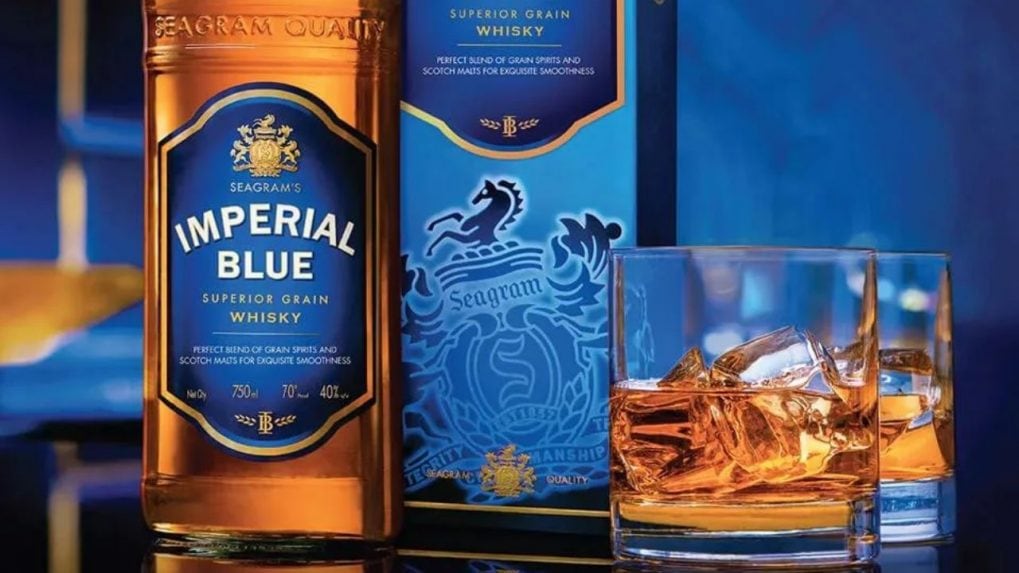Advertising
From Pink Slips to Silent Sidelining: Inside adland’s layoff and anxiety crisis

Liquor giants Diageo and Pernod Ricard have sued the Maharashtra government over steep tax hikes on their products and for excluding them from a newly created lower-tax category reserved for certain local firms, according to a report by Reuters.
Maharashtra accounts for about 7% of India’s premium liquor consumption, and the alco-bev majors have argued that the state’s taxation policy will significantly impact the spending patterns of the affluent urban population.
Earlier this year, the state introduced a new category called “Maharashtra Made Liquor” to boost local investment. Under this policy, manufacturers headquartered in the state with zero foreign investment can sell products taxed at 270%. In contrast, taxes on other premium brands in the affordable segment—those with a production cost below Rs 260—have been raised to between 300% and 450%.
Brands affected by the stricter excise regime include Diageo’s McDowell’s (India’s largest-selling whisky, according to the company), Pernod Ricard’s Royal Stag, Tilaknagar Industries’ Imperial Blue, and Allied Blenders and Distillers’ Officer’s Choice.
The International Spirits and Wines Association of India has said the policy creates trade barriers and has urged the state to either withdraw it or allow companies with foreign investment to participate in the lower-tax category.
According to Reuters, the Bombay High Court will hear the matter on December 9.
Diageo’s Indian unit, United Spirits, said Maharashtra is a key market for the company and expressed hope for a “level playing field.”
India is the world’s eighth-largest alcohol market, with annual revenues of about $45 billion.
From purpose-driven work and narrative-rich brand films to AI-enabled ideas and creator-led collaborations, the awards reflect the full spectrum of modern creativity.
Read MoreLooking ahead to the close of 2025 and into 2026, Sorrell sees technology platforms as the clear winners. He described them as “nation states in their own right”, with market capitalisations that exceed the GDPs of many countries.